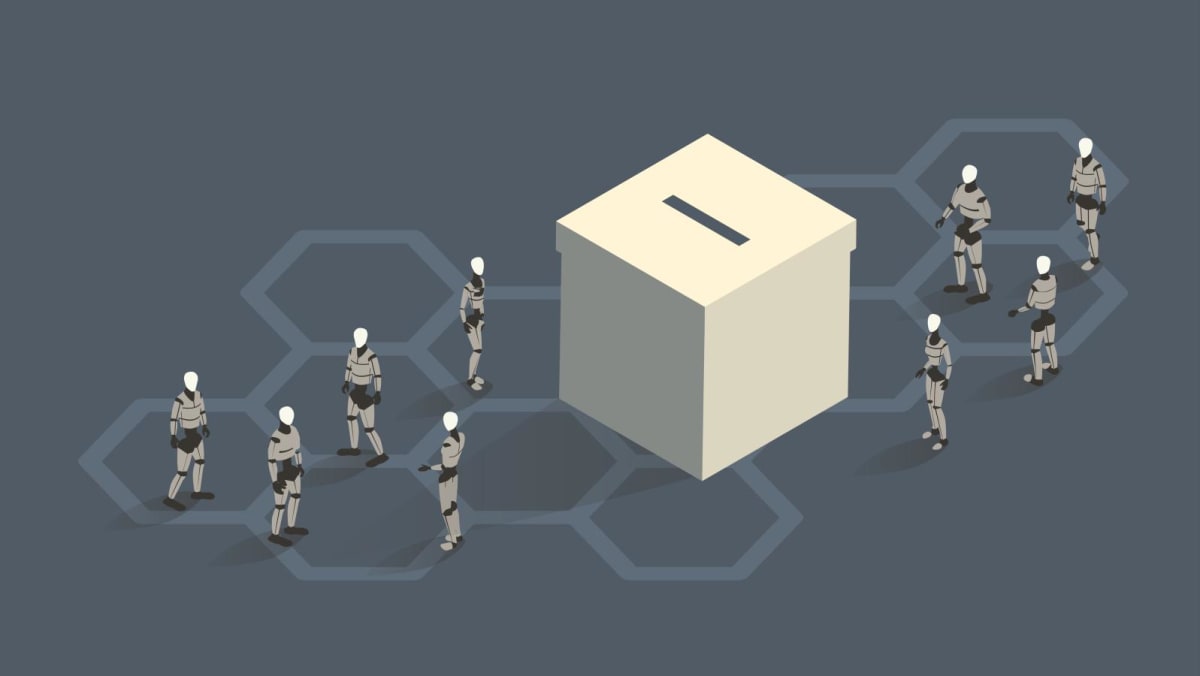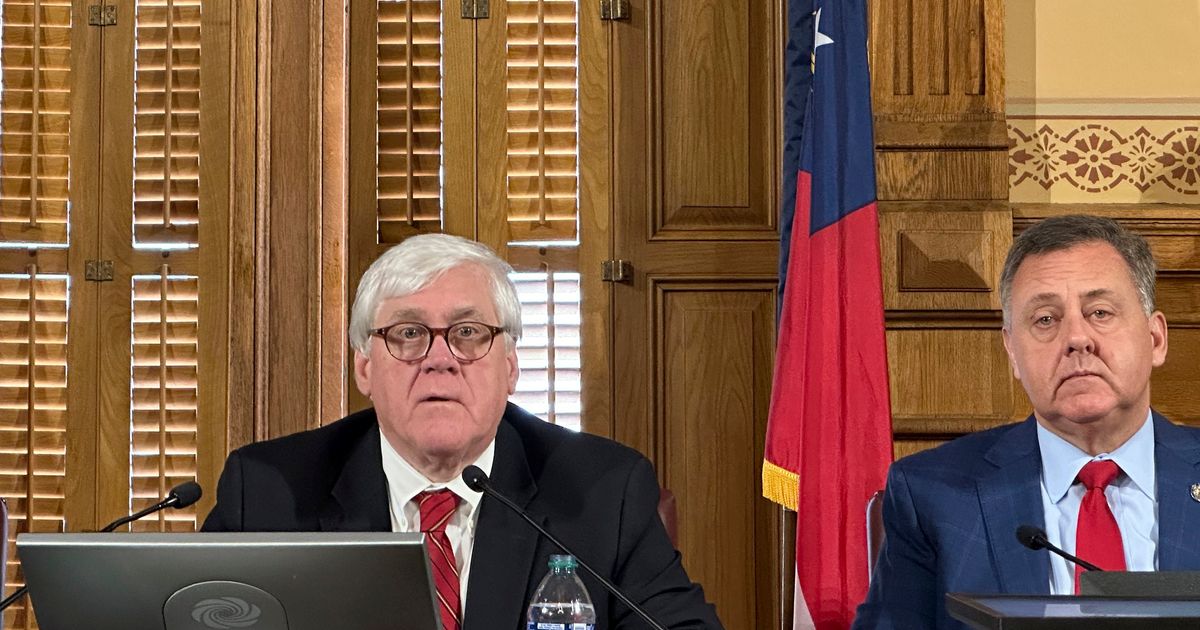AMMUNITION IN THE BATTLE OF IDEAS
But AI can also help streamline the election process.
The General Elections Commission (KPU) office in Sukoharjo Regency, Central Java, told local media in December that they are planning to use AI to expedite its vote tallying process.
Although the official result of the presidential and parliamentary elections will still rely on manually counting the vote on each ballot paper, data processed by the technology, the office said, will help identify if there are errors and anomalies.
Other KPU offices, including its headquarters in Jakarta, have not indicated that they will follow the Sukoharjo office’s plan.
Aside from choosing the country’s next president, more than 204 million Indonesians will hit the ballot booths on Feb 14 to also decide on members of its national, regional and city-level parliaments.
In total, there are more than 20,000 positions up for grabs, highlighting the complexity of what election officials will face on the ground once the votes are in.
“There are more than 300,000 people aspiring to be members of parliament. Not everyone has access to data and information. Even if they do, not everyone has the ability to analyse this data and information and translate them into a campaign strategy,” entrepreneur Jose Rizal told CNA.
This is one of the reasons why Mr Jose started Pemilu.AI in April last year.
The firm is using AI to analyse publicly available information such as those from the Central Bureau of Statistics as well as qualitative data from face-to-face interviews so that legislative candidates can identify issues relevant to their constituents, formulate a campaign strategy and come up with a detailed execution plan.
“With the help of AI, we can also identify what demographics the candidate should be targeting. AI can also formulate ways to attract these target groups from activities they might find interesting all the way to campaign slogans and social media posts,” Mr Jose said.
So far around 700 parliamentary candidates are using Pemilu.AI’s services, the firm’s founder said, spending IDR 29 million (US$1,838) for every city and regency level candidates, IDR 99 million for provincial level MP hopefuls and IDR 149 million for national level parliamentary candidates.
Although the cost is a small fraction of what candidates might spend if they were to go to a traditional political consultant, AI technology still has its limitations.
“Can AI really substitute the role of consultant? Of course not. Humans have intuition and experience. AI can conceptualise a strategy but its execution still depends on the candidates, how they can get their message across and how they interact with their constituents,” Mr Jose said.
#Indonesia #Elections #doubleedged #sword #candidates #election #officials







